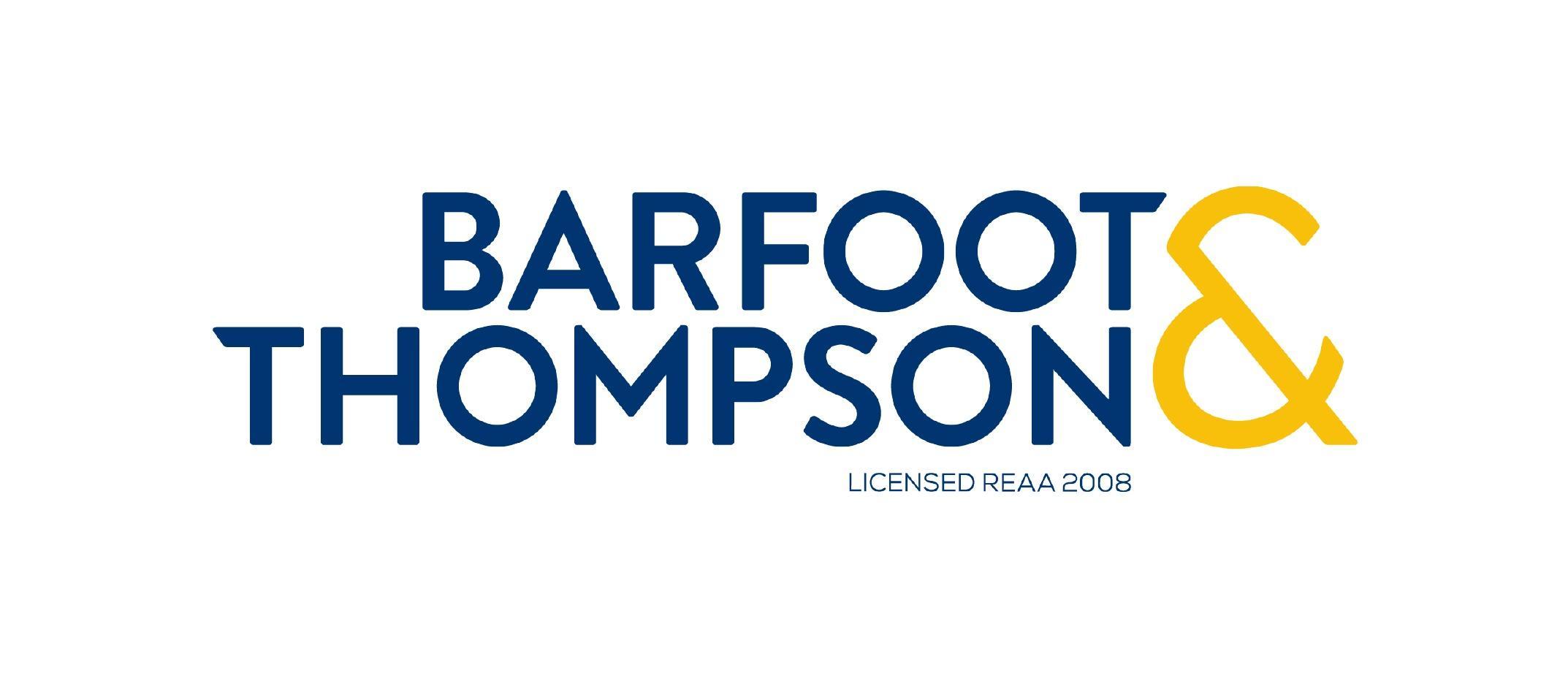Hell yeah!
Banks always want to know your full financial position when assessing lending. They want to understand what your commitments are before they
proceed in deciding on whether to lend you further funds.
Just because you have liabilities overseas for example, this shouldn’t be treated any differently. It is no different to approaching ANZ for a loan, and
not telling them about a loan from ASB that you have. Non-disclosure doesn’t sit well with lenders.
So how will your overseas incomes and debts change the way you are assessed by NZ lenders?
For the income side, the two main forms of overseas income we see are as follows:
- Personal Earned Income
- If you are employed overseas and buying property in NZ (because you are a permanent resident or citizen) OR are living in NZ and employed and
earning foreign currency then what most banks will do is convert the foreign income to NZD equivalent, and then scale it back or reduce
it (depending on the lender, and the currency) by between 10% and 40%, to allow for exchange rate risk. - If you are self-employed overseas (as per above) OR self-employed here and earning foreign currency, then it gets even more difficult – most
lenders will not accept self-employed overseas income. This may change in the future, but at the time of writing is very difficult.
- If you are employed overseas and buying property in NZ (because you are a permanent resident or citizen) OR are living in NZ and employed and
- Rental Income:
- This will be treated much like employed income above. The foreign currency will be converted to NZD, then scaled accordingly – however there
is one major difference – they will also scale back a further 20-25% off that figure due to it being rental income (to allow for operating
expenses of a rental – rates, insurance, vacancy, maintenance, etc.).
- This will be treated much like employed income above. The foreign currency will be converted to NZD, then scaled accordingly – however there
For the debt side of things, the key debts would be:
- Mortgages
- Lenders would likely look at your total mortgage limits and apply a test rate as they do here. If your repayments are higher than what our
test rated version would be – they would then use the higher of the two.
- Lenders would likely look at your total mortgage limits and apply a test rate as they do here. If your repayments are higher than what our
- Other debts:
- Credit cards would be treated much like ours here in NZ – 3% of the limit of the card loaded as a monthly expense (even if you’re not using
the card and even if nothing is owing) so sometimes having high credit card limits can hurt your servicing capacity – overseas or
locally. - Personal loans – this would be taken for the actual payment made (in its NZD equivalent of course).
- Credit cards would be treated much like ours here in NZ – 3% of the limit of the card loaded as a monthly expense (even if you’re not using
Ideally what you want is to ensure that your full position is disclosed to a lender up-front the first time and they can then make a fair assessment on
this to determine if you’ll be eligible for further lending with them. As mentioned above, non-disclosure is never a good look – especially in this
tight lending environment.
We are helping more and more repatriated Kiwis with existing financial commitments offshore to secure property lending in New Zealand. Feel free to
reach out at any time to discuss your requirements. We would love to help.

ABOUT THE AUTHOR
Ryan Smuts
Ryan is a Key Accounts Manager at Kris Pedersen Mortgages and Insurance as well as a property
investor.













Add Comment